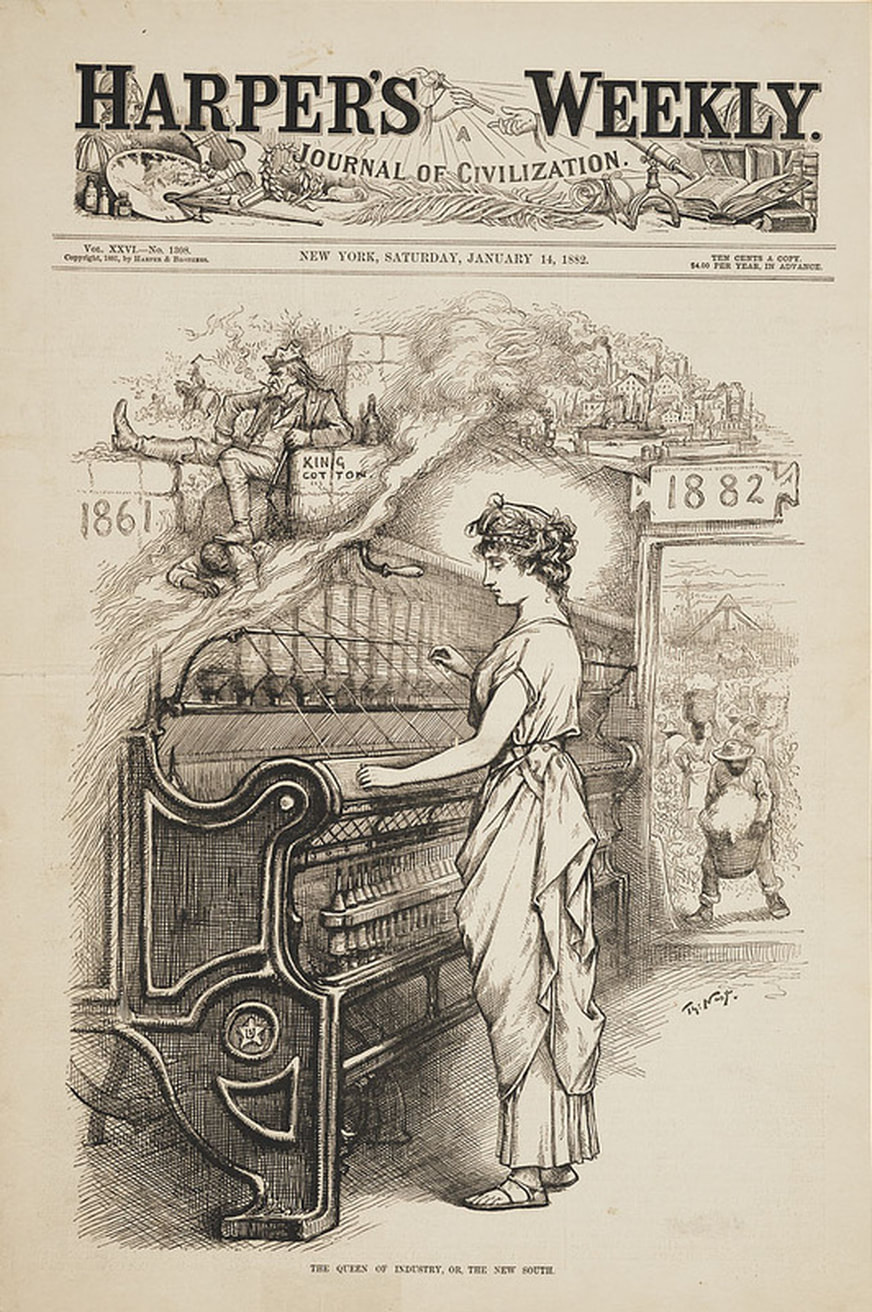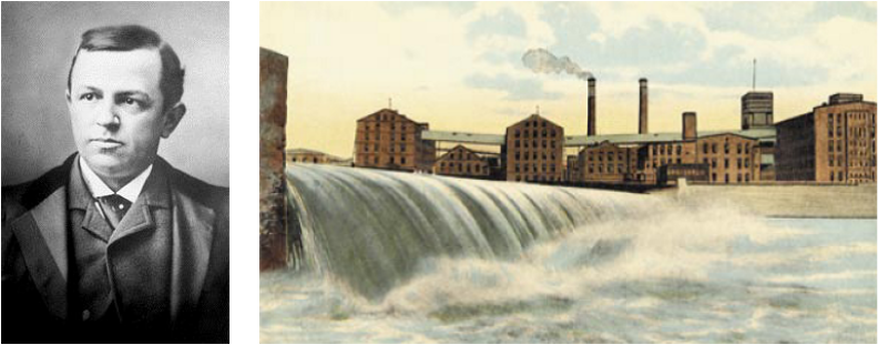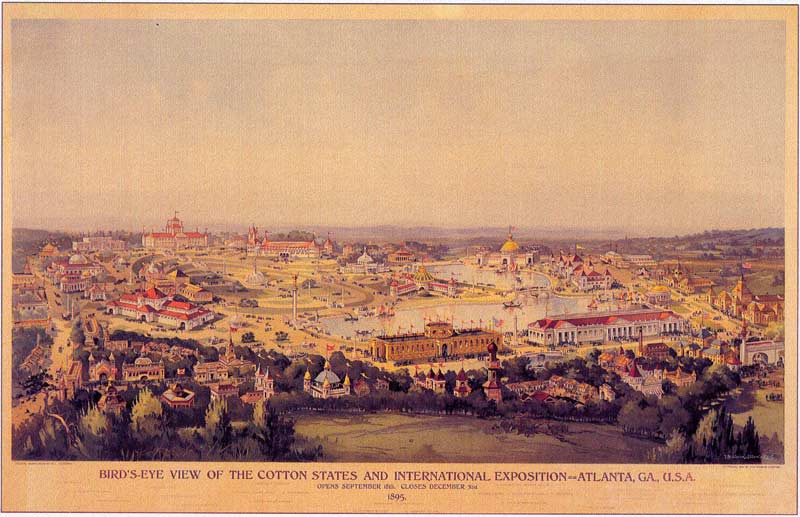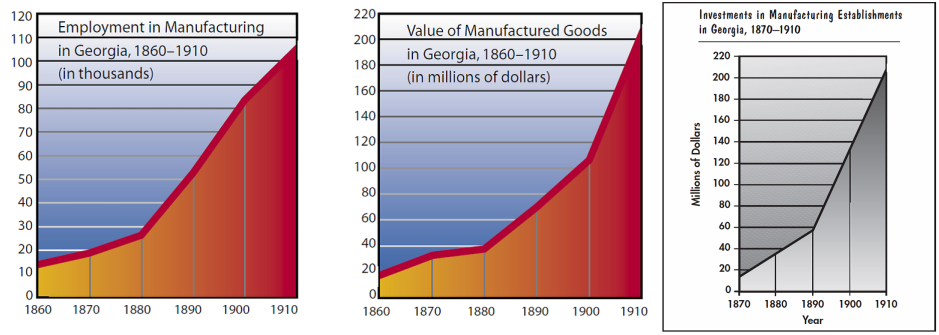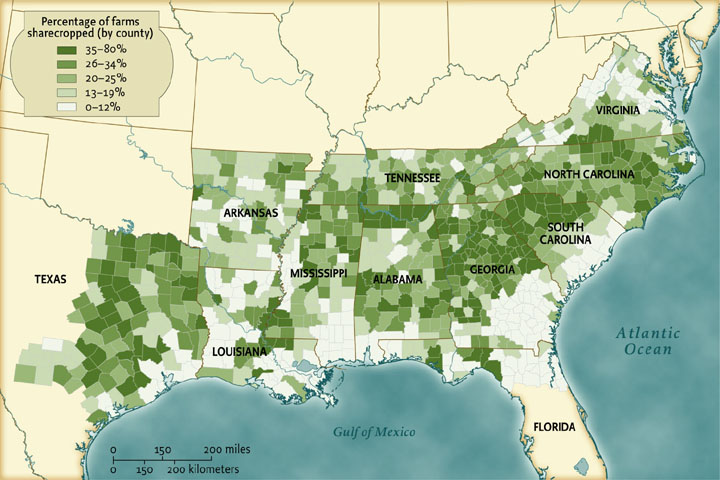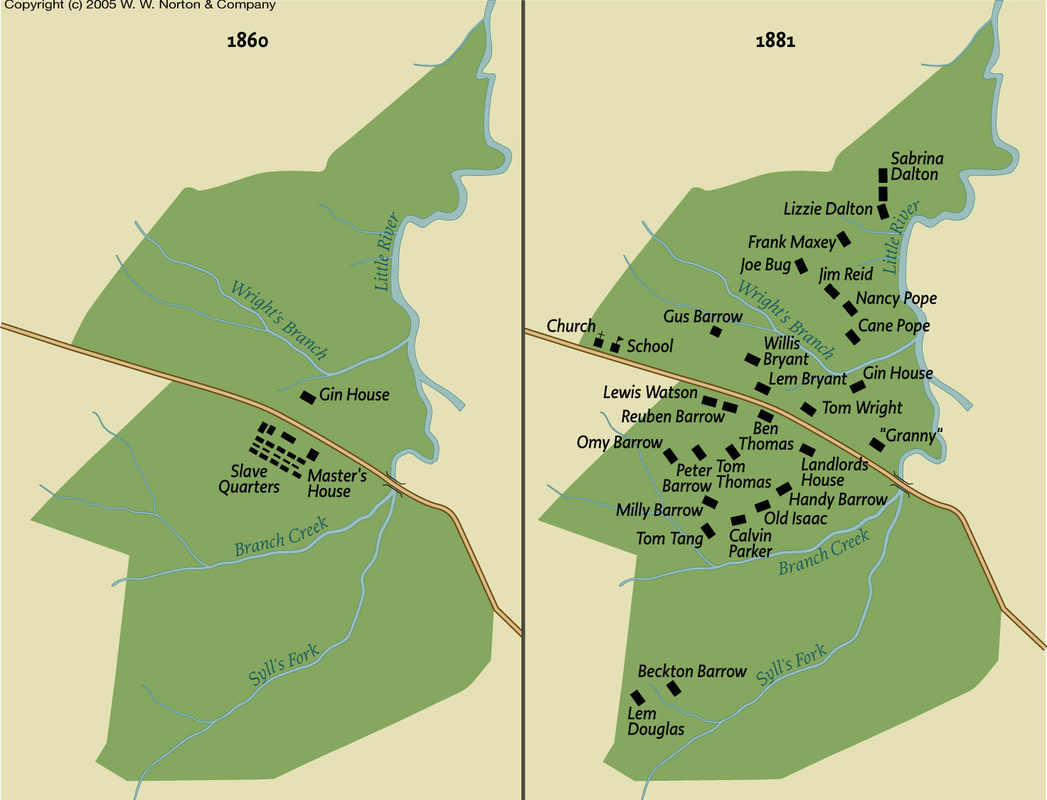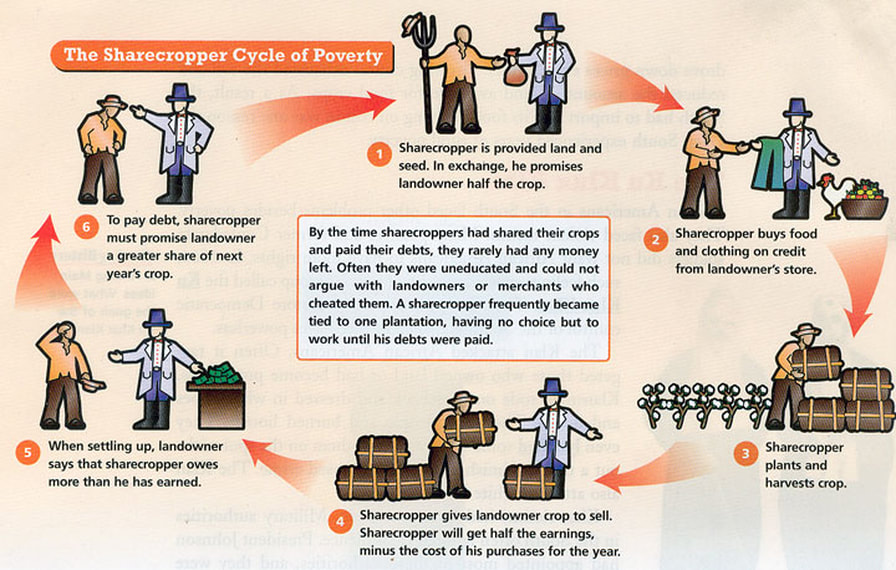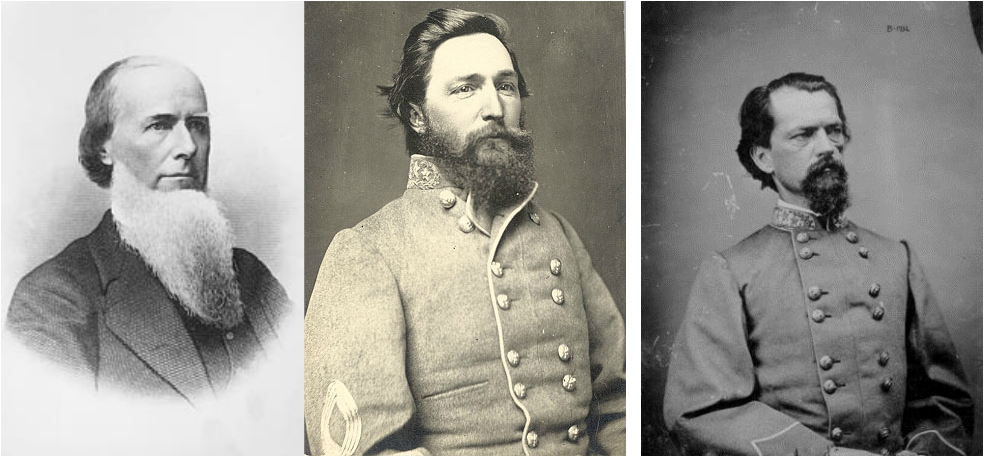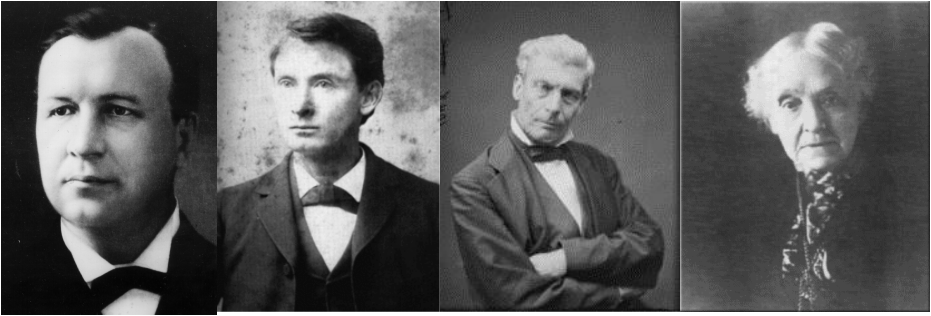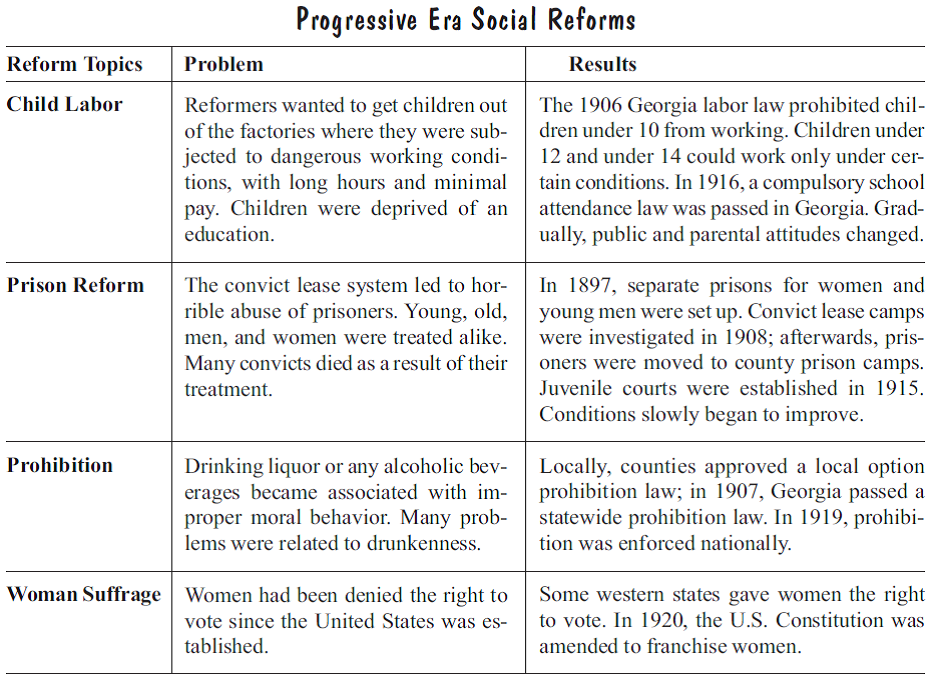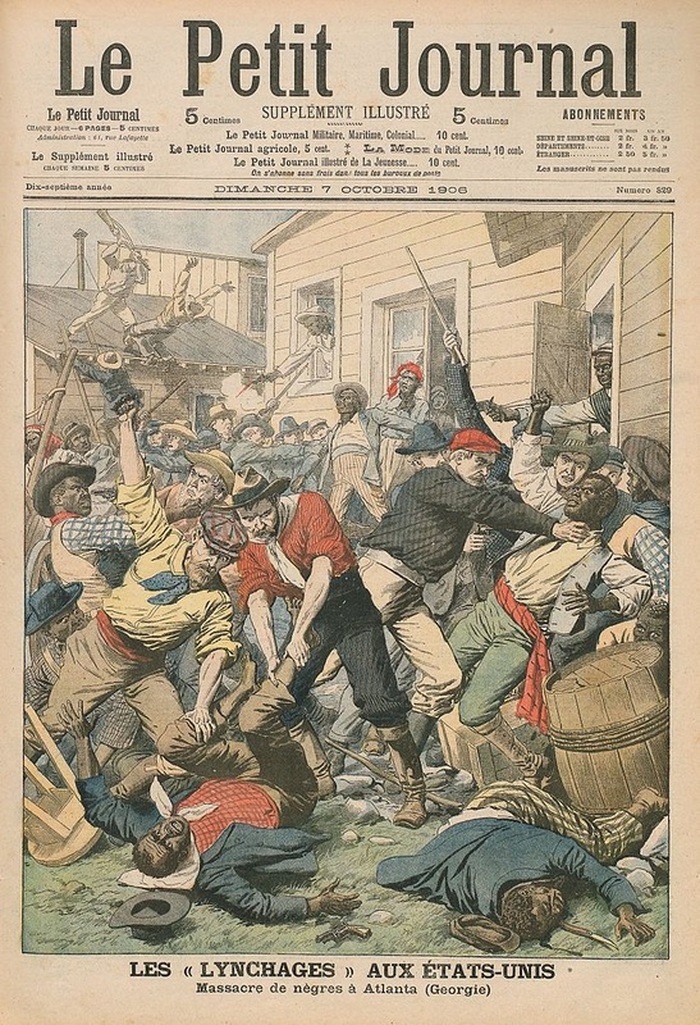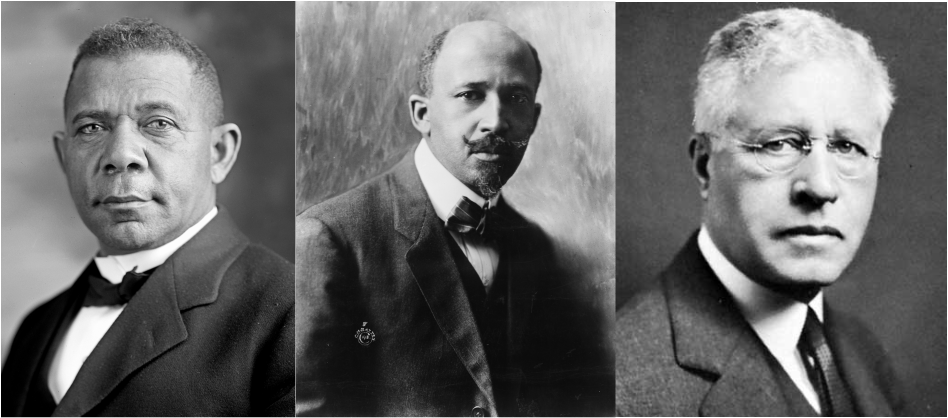Unit 9- The New South and Progressive Era in Georgia
Guiding Questions for the Socratic Seminar
The Case
1. What was the chief evidence against Leo Frank? How strong was it?
2. Was there any good evidence against anyone else?
3. Did Frank get a fair trial?
4. What does the fate of the people in this case—the prosecutor, Governor Slaton, Tom Watson, the lynchers—tell you about the climate of the times? Why weren’t the lynchers (many identified in photos) punished? Wasn’t what they did a crime?
5. Why was Frank pardoned in 1986? What difference did it make?
“What ifs”
1. What if Leo Frank had been black?
2. What if Leo Frank had been white and Christian?
3. What if Mary Phagan had been black or Jewish?
4. What if the victim had been a boy? Or had been an older person
The Case
1. What was the chief evidence against Leo Frank? How strong was it?
2. Was there any good evidence against anyone else?
3. Did Frank get a fair trial?
4. What does the fate of the people in this case—the prosecutor, Governor Slaton, Tom Watson, the lynchers—tell you about the climate of the times? Why weren’t the lynchers (many identified in photos) punished? Wasn’t what they did a crime?
5. Why was Frank pardoned in 1986? What difference did it make?
“What ifs”
1. What if Leo Frank had been black?
2. What if Leo Frank had been white and Christian?
3. What if Mary Phagan had been black or Jewish?
4. What if the victim had been a boy? Or had been an older person
Henry Grady and the Growth of Industry in the "New South"
A few years ago I told, in a speech, of a burial in Pickens County, Georgia. The grave was dug through solid marble, but the marble headstone came from Vermont. It was in a pine wilderness, but the pine coffin came from Cincinnati. An iron mountain overshadowed it, but the coffin nails and screws and the shovels came from Pittsburgh. With hard woods and metals abounding, the corpse was hauled on a wagon from South Bend, Indiana. A hickory grove grew near by, but the pick and shovel handles came from New York. The cotton shirt on the dead man came from Cincinnati, the coat and breeches from Chicago, the shoes from Boston; the folded hands were encased in white gloves from New York, and round the poor neck, that had worn all its living days the bondage of lost opportunity, was twisted a cheap cravat from Philadelphia. That county, so rich in undeveloped resources, furnished nothing for the funeral except the corpse and the hole in the ground, and would probably have imported both of these if it could have done so. And as the poor fellow was lowered to his rest, on coffin bands from Lowell (Massachusetts), he carried nothing into the next world as a reminder of his home in this, save the halted blood in his veins, the chilled marrow in his bones, and the echo of the dull clods that fell on his coffin lid.
There are now more than $3,000,000 invested in marble quarries and machinery around that grave. Its pitiful loneliness is broken with the rumble of ponderous machines, and a strange tumult pervades the wilderness. Twenty miles away, the largest marble‑cutting works in the world put to shame in a thousand shapes its modest headstone. Forty miles away four coffin factories, with their exquisite work, tempt the world to die. The iron hills are gashed and swarm with workmen. Forty cotton mills in a near radius weave infinite cloth that neighboring shops make into countless shirts. There are shoe factories, nail factories, shovel and pick factories, and carriage factories to supply the other wants, and that county can now get up as nice a funeral, native and home‑made, as you would wish to have.
Henry W. Grady, The New South, New York: Robert Bonner's Sons, 1890, pp. 188‑91
There are now more than $3,000,000 invested in marble quarries and machinery around that grave. Its pitiful loneliness is broken with the rumble of ponderous machines, and a strange tumult pervades the wilderness. Twenty miles away, the largest marble‑cutting works in the world put to shame in a thousand shapes its modest headstone. Forty miles away four coffin factories, with their exquisite work, tempt the world to die. The iron hills are gashed and swarm with workmen. Forty cotton mills in a near radius weave infinite cloth that neighboring shops make into countless shirts. There are shoe factories, nail factories, shovel and pick factories, and carriage factories to supply the other wants, and that county can now get up as nice a funeral, native and home‑made, as you would wish to have.
Henry W. Grady, The New South, New York: Robert Bonner's Sons, 1890, pp. 188‑91
Sharecropping and Tenant Farming
The Bourbon Triumvirate
